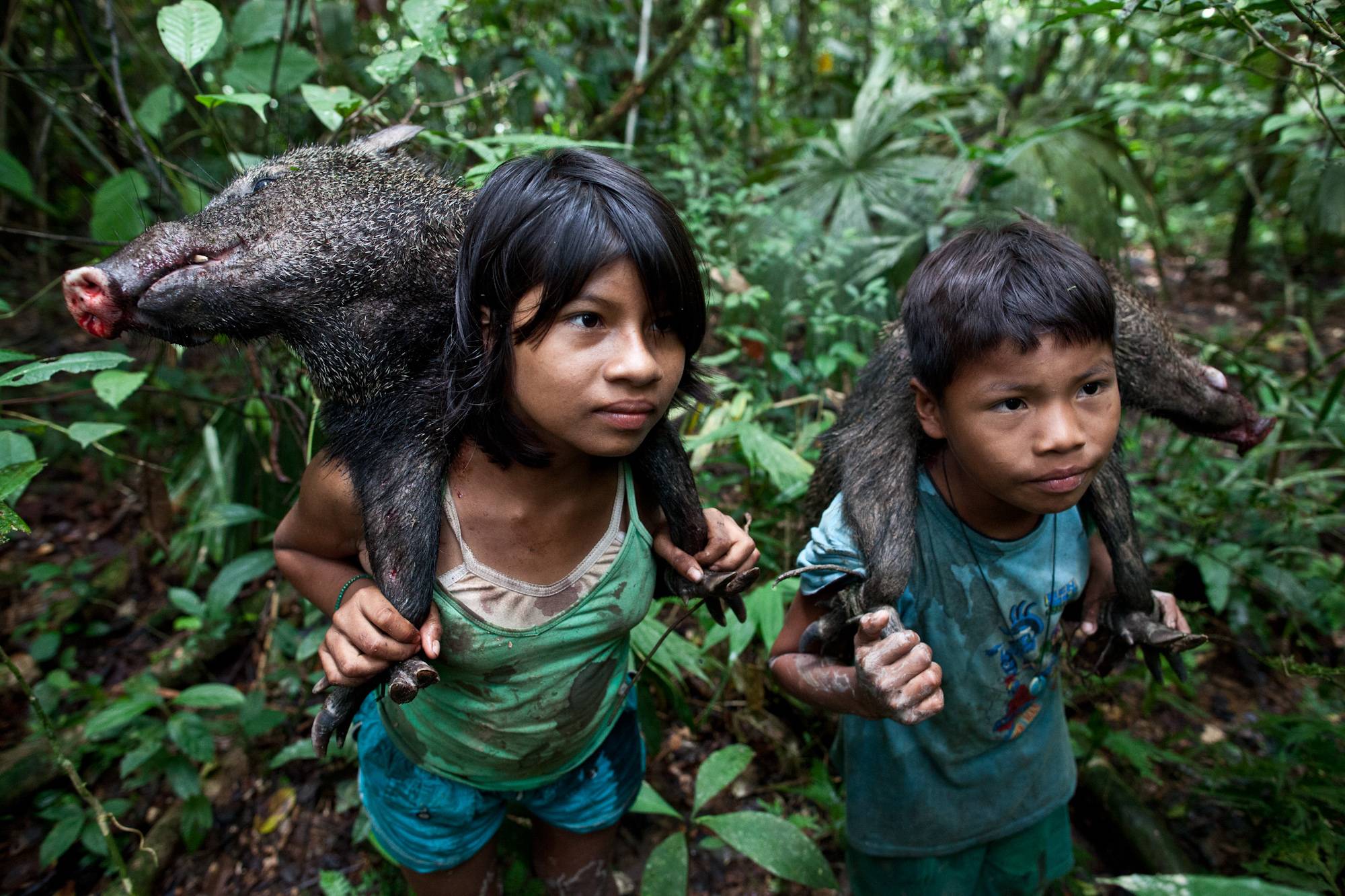LIMA, Peru — Peru has been basking in kudos from officially declaring a vast new national park in the remote Amazonian wilderness known as Sierra del Divisor.
President Ollanta Humala traveled there over the weekend to unveil the park — nearly 5,500 square miles of stunning tropical rainforest, home to numerous threatened species, including jaguars and various kinds of monkey.
